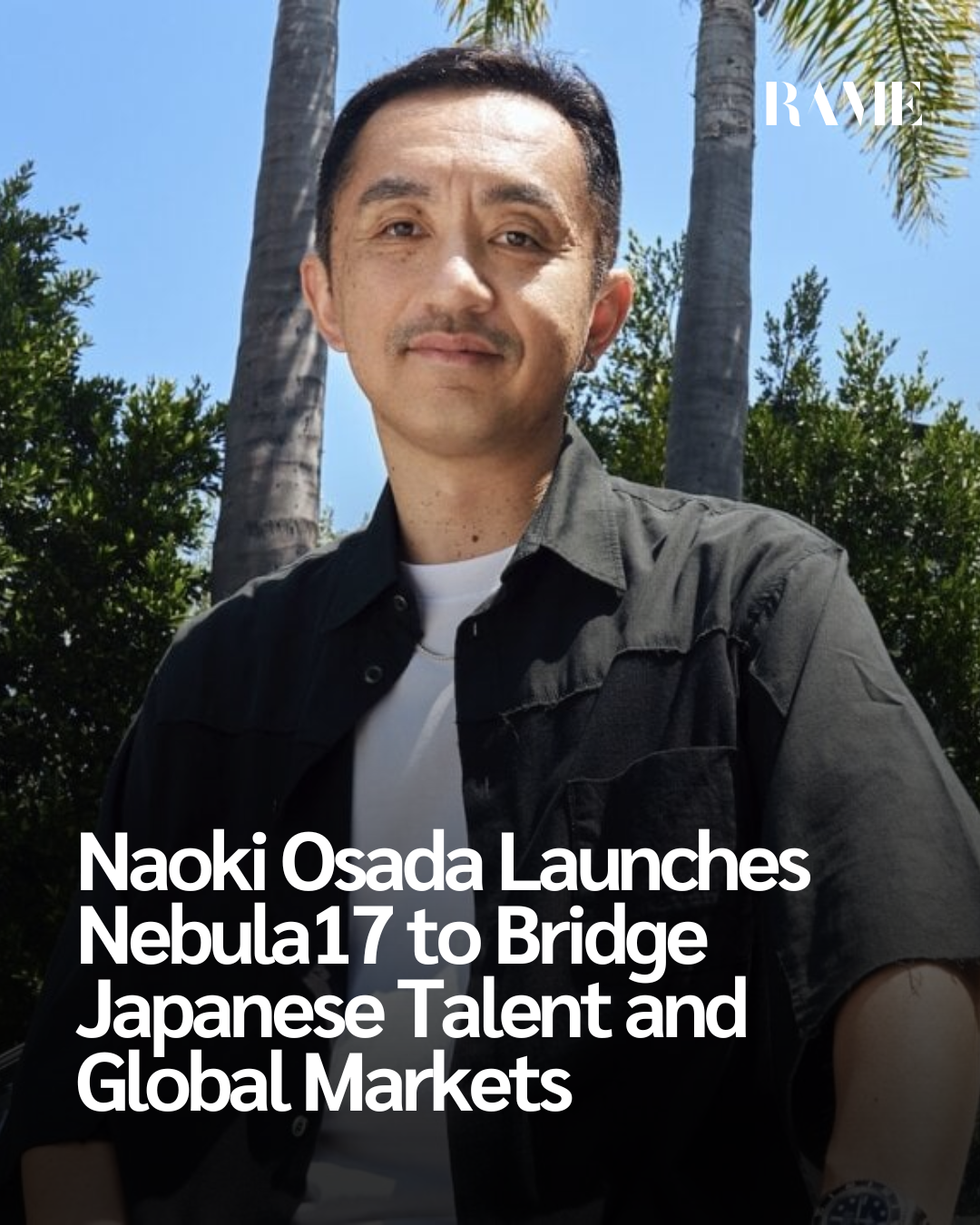Japanese pop culture has long shaped trends across fashion, film, and gaming but its music industry has remained largely insular, despite global admiration. That might be about to change. Naoki Osada, former CEO of Avex USA, is betting big on a global breakthrough. With the launch of Nebula17, a new Los Angeles-based company aiming to catapult Japanese artists into the global spotlight, Osada is building more than a business. He’s constructing a cultural bridge.
Backed by millions in funding and a network of heavyweight investors, Nebula17 is positioning itself at the intersection of creativity, commerce, and international strategy.
The Vision Behind Nebula17: A Cross-Border Creative Engine
Nebula17 isn’t just a label. It’s a hybrid operation that combines artist management, music publishing, international strategy, and venture capital. Think of it as a full-stack launchpad for both Japanese talent breaking into the U.S. and American artists tapping into Japan’s thriving creative economy.
“There couldn’t be a more perfect time to bring this vision to life,” Osada said in a statement on Tuesday. “The world is finally ready to hear these voices, and Nebula17 is here to amplify them.”
The company’s headquarters in West Hollywood isn’t just an office it’s a studio house designed for collaboration, songwriting, and artist development. Its first artist project? Japanese hip-hop star Awich, known for her sharp lyricism and high-profile collaborations with RZA and A$AP Ferg.
Strategic Funding: Investors Betting on Cultural Shift
Launching with what insiders describe as “multi-million-dollar backing,” Nebula17 is supported by an unusually diverse group of investors from entertainment, tech, and venture capital.
Leading the pack:
- Akatsuki Inc., a Japanese entertainment company, with investment led by CFO Kazuhiko Ishikura
- BMSG, the management company founded by artist SKY-HI
- ASOBISYSTEM, the team behind viral girl group ATARASHII GAKKO!
- And Music, led by entrepreneur Toyoki Tanizaki, home to Awich
Angel investors include early Uber and Unity backer Paul Bragiel, crypto fund Decima, and gaming giant Gumi’s executive team.
The investor mix signals more than capital it shows belief in the long-term cultural and economic potential of Japanese music and IP on the global stage.
A Track Record That Matters: Osada’s Moves at Avex USA
Before founding Nebula17, Osada spent over 20 years at Japan’s Avex Group, culminating in his role as CEO of Avex USA. There, he steered the company into meaningful U.S. alliances including a strategic investment in S10, the management company led by Brandon Silverstein (now CEO of Avex Music Group USA). That partnership resulted in joint publishing ventures and signed talent like Harv (Justin Bieber), Jasper Harris (Tate McRae), and GENT! (Doja Cat).
He also facilitated collaborations between Japanese acts and U.S. hitmakers like Ryan Tedder and Big Sean, laying groundwork for what Nebula17 now aims to scale.
Why Now? The Global Appetite for Japanese Music
Osada’s timing isn’t arbitrary. Japanese music is experiencing unprecedented international traction. From TikTok-fueled virality to anime soundtracks topping streaming charts, global audiences are more tuned in than ever.
“We’re seeing rising international demand for contemporary Japanese music,” Osada said. “Our goal is to build a new bridge between Japanese culture and the global mainstream one artist at a time.”
This includes tapping into U.S. creative talent like producer Marcus Munroe, who’s already worked with Japanese acts GENERATIONS and BALLISTIK BOYZ, and is now collaborating with viral producers behind Bella Poarch and 6ix9ine.
Beyond Music: Investing in IP and Artist Autonomy
Nebula17 isn’t just scouting chart-toppers. It’s investing in platforms and technologies that shape artist independence and global IP ownership. Case in point: its early-stage investment in Indify, a platform connecting indie artists with funding and labels, recently spotlighted by artist James Blake.
It’s a sign that Nebula17’s ambitions go beyond exporting talent they’re aiming to rewire the infrastructure of artist development across borders.
Final Take: Can Nebula17 Shift the Global Music Power Map?
There’s a quiet revolution underway in how cultural capital moves and who controls it. Nebula17 is betting that the future of global music will be defined not by geography, but by creativity, collaboration, and narrative.
If Osada and his team succeed, they won’t just be launching artists. They’ll be redefining what international success looks like for Japanese music, and possibly creating a new blueprint for cross-cultural exchange in the entertainment industry.
The question now isn’t whether the world is ready for Japanese artists. It’s whether the industry is ready to catch up.



